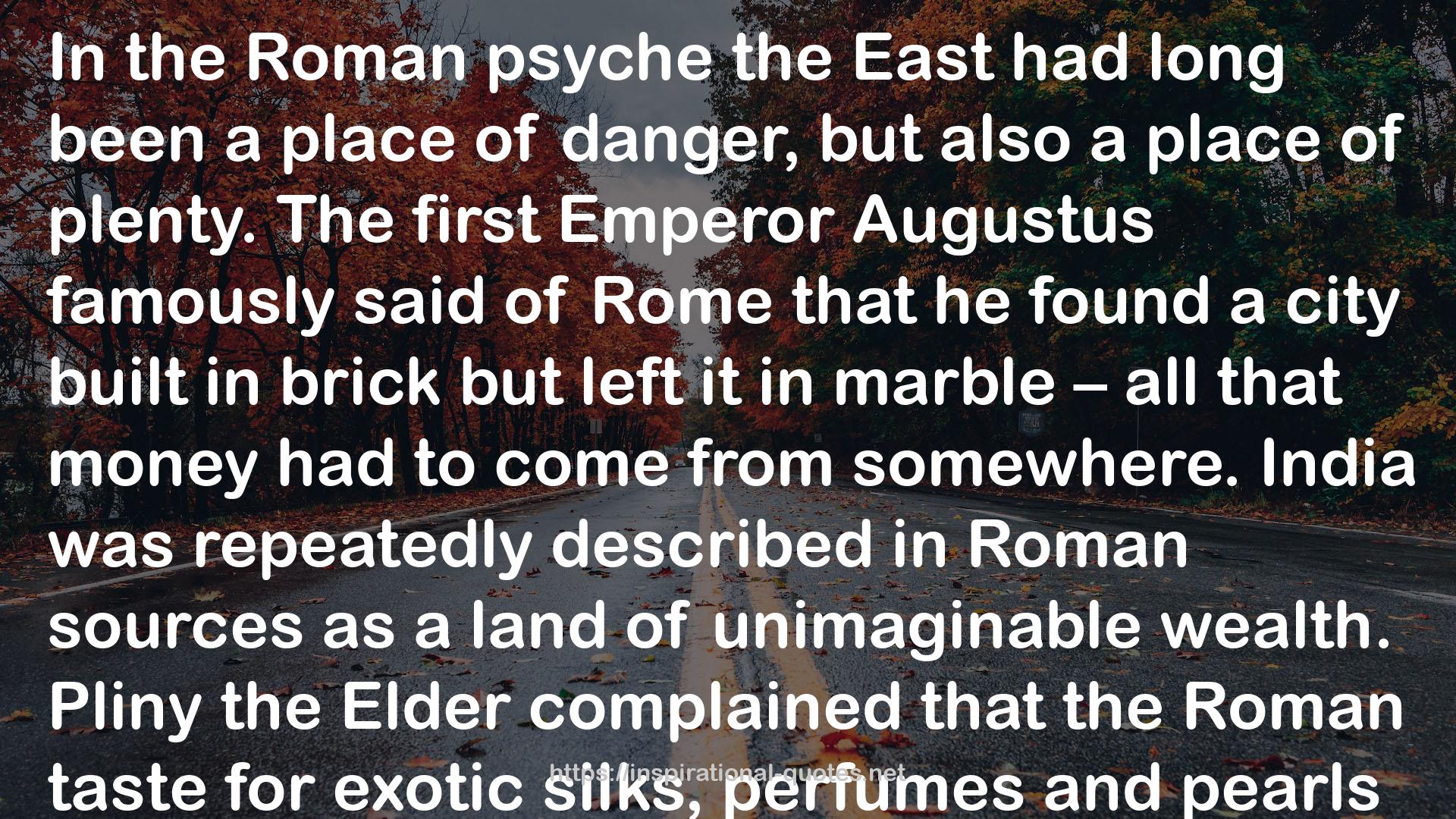Istanbul: A Tale of Three Cities QUOTES
SOME WORKS
- You Get So Alone at Times That it Just Makes Sense
- The Casual Vacancy
- Book of Longing
- L'amour dure trois ans (Marc Marronnier, #3)
- Sinner (The Wolves of Mercy Falls, #3.5)
- The Sweet Far Thing (Gemma Doyle, #3)
- Poems by Ella Wheeler Wilcox
- White Is for Witching
- Leaders' Frontpage: Leadership Insights from 21 Martin Luther King Jr. Thoughts
- 101 Keys To Everyday Passion

